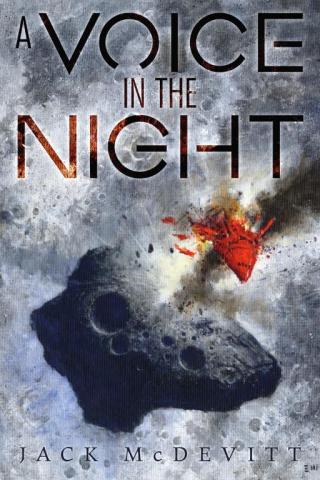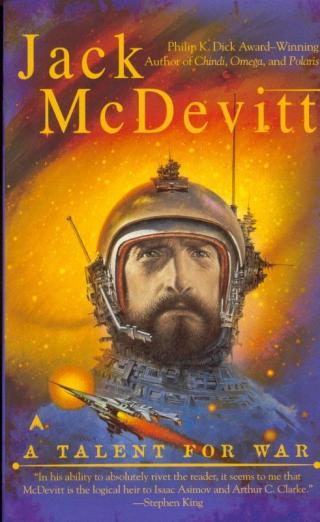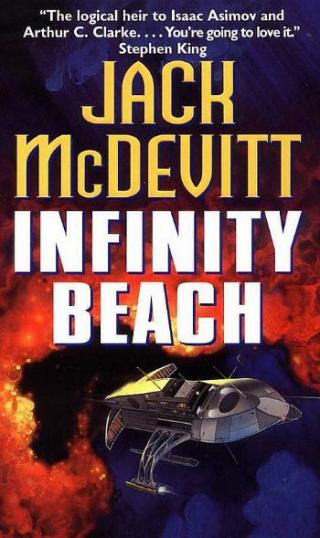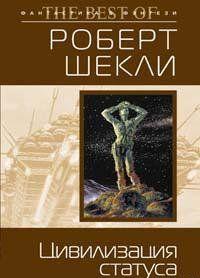
Аннотация
Jack McDevitt has been a Sherlock Holmes fan since he was a teenager, although he reports that Holmes-style mysteries, whodunits, are not his favorite style. Jack encountered Gilbert Chesterton’s Father Brown tales a few years later and they ultimately became the prime influence in his science fiction. The issue with Father Brown was never a question of who committed the murder, but rather what in heaven’s name is going on here?
Why does an astronaut, in “Cathedral,” sacrifice her life to collide with an asteroid that she knows poses no threat to the Earth? Why does a scientist who’s designed an actual working AI in “The Play’s the Thing,” hide what he’s done? How is it that the lives of two people working at Moonbase in “Blinker” depend on a quasar?
In “Lucy,” Jack shows us why sending automated vehicles to explore the distant outposts of the solar system may not be a good idea. And in “Searching for Oz,” an alternate history story, how things might have been if SETI had gotten what it was looking for. He describes our reaction in “Listen Up, Nitwits,” when a voice begins speaking to us, apparently from Jupiter, in Greek. And in “The Lost Equation,” a Holmes adventure, we discover who really was first to arrive at e=mc2.
Jack also provides two episodes, “Maiden Voyage” and “Waiting At the Altar,” from Priscilla Hutchins’ qualification flight; and an effort by a sixteen-year-old Alex Benedict, in the title story with his uncle Gabe and Chase Kolpath’s mom, Tori, who are trying to understand why a brilliant radio entertainer, lost in the stars when his drive unit suffered a malfunction, never said goodbye.
These and thirteen other rides into odd places await the reader.
![Jack McDevitt to autor wielu bestsellereów science fiction. Jego styl wyróżnia się lekkością narracji, przygodową akcją i poważnym podejściem do zagadnień naukowych. Niniejsza książka... Boża klepsydra [Deepsix - pl]](https://www.rulit.me/kotha/images/nocover.jpg)
![Loty międzygwiezdne i odkrycia innych zamieszkanych światów rozpoczęły drugi złoty wiek dla archeologów. Wśród licznych odkryć najbardziej frapującą zagadkę stanowią Wielkie... Boża maszyneria [The Engines of God - pl]](https://www.rulit.me/data/programs/images/bo_267901.jpg)
![Исследуя галактику, археологи повсюду находят лишь руины городов, по которым прошел огненный смерч, разрушенные храмы, оставленные в одночасье жилища и огромные... Двигатели Бога [The Engines of God - ru]](https://www.rulit.me/data/programs/images/dvigateli-boga-the-engines-of-god-ru_194070.jpg)







Комментарии к книге "A Voice in the Night"